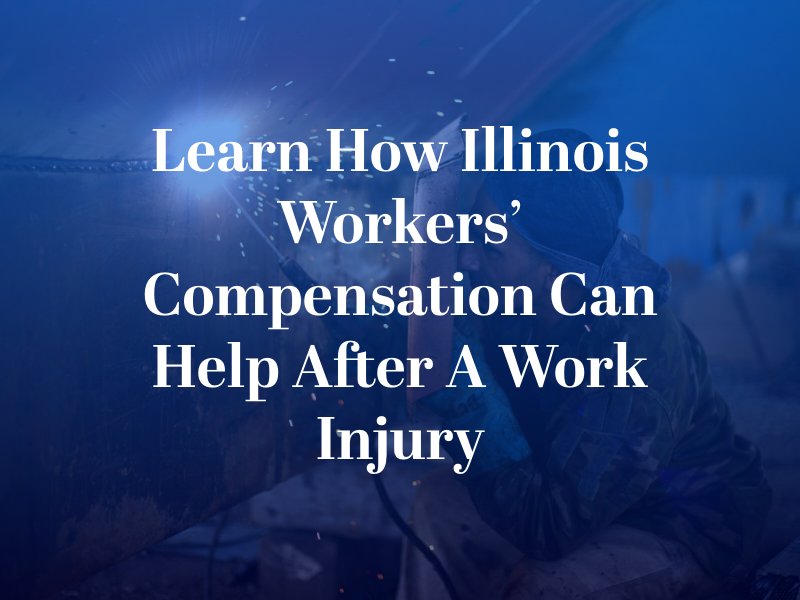What Are the Four Types of Illinois Workers’ Compensation Benefits?
If you suffered a workplace injury, you may be entitled to workers’ compensation benefits that cover medical care, lost income, and other financial needs. Illinois offers four primary types of benefits, each designed to support injured workers based on the severity of their injuries. Understanding how workers’ comp benefits work can help ensure you receive the full financial support you are owed.

Medical Benefits for Work-Related Injuries
If you suffered a work injury, you are entitled to medical benefits under Illinois workers’ compensation laws. Under the Illinois Workers’ Compensation Act (820 ILCS 305/8), employers must cover all necessary medical expenses related to a workplace injury or illness. This includes doctor visits, surgeries, prescription medications, and physical therapy required for recovery.
What Medical Expenses Are Covered Under Workers’ Compensation?
Workers’ compensation provides full coverage for medical treatments related to job-related injuries or occupational illnesses. You do not have to pay out-of-pocket costs for authorized treatments, as long as they are necessary for your recovery. The following medical expenses are covered:
- Doctor visits and emergency care
- Surgical procedures
- Rehabilitation and physical therapy
- Prescription medications
- Medical equipment
Medical benefits under workers’ compensation help injured employees receive necessary treatment without financial stress. Employers are required to provide access to appropriate medical care, and any disputes over treatment eligibility can be addressed through the Illinois Workers’ Compensation Commission.
Temporary Disability Benefits for Lost Wages
If your work-related injury prevents you from performing your job duties while recovering, you may qualify for temporary disability benefits. Temporary Total Disability (TTD) benefits help replace lost wages when an injury prevents you from working entirely. If you can work in a limited capacity but earn less than before, you may be eligible for Temporary Partial Disability (TPD) benefits, which provide partial wage replacement based on your reduced earning capacity.
Permanent Disability Benefits for Lasting Injuries
Some work injuries result in long-term or permanent impairments that affect your ability to work. Permanent Partial Disability (PPD) benefits apply when you suffer a lasting injury but can still work in some capacity. Permanent Total Disability (PTD) benefits apply if your injury prevents you from returning to any type of work.
The amount of compensation you receive depends on the severity of your injury, your impairment rating, and how the injury affects your ability to earn a living. PPD benefits are calculated based on impairment ratings or wage loss, while PTD benefits provide ongoing financial support for workers who can no longer work. In cases of catastrophic injuries, such as paralysis or loss of limbs, lifetime benefits may be available.
Vocational Rehabilitation Benefits for Injured Workers
If your workplace injury prevents you from returning to your previous job, you may qualify for vocational rehabilitation benefits. These benefits help injured employees retrain for new careers or acquire new skills that allow them to re-enter the workforce. Vocational rehabilitation may include job placement assistance, education programs, or skills training to help workers transition into new employment opportunities.
Talk to a Workers’ Compensation Lawyer About Your Claim
A workplace injury can create financial stress, but you have the right to pursue the compensation you deserve. Your Chicago workers’ compensation lawyer with Taxman, Pollock, Murray & Bekkerman, LLC will handle your claim and fight for the maximum benefits available under Illinois law. Call our office today or fill out our quick contact form to schedule your confidential case review.
